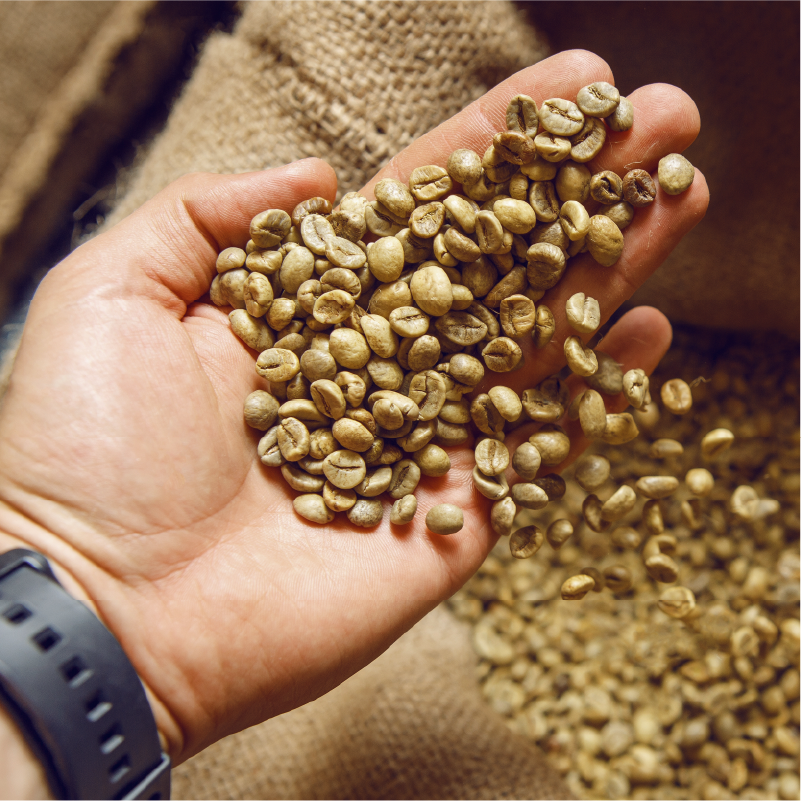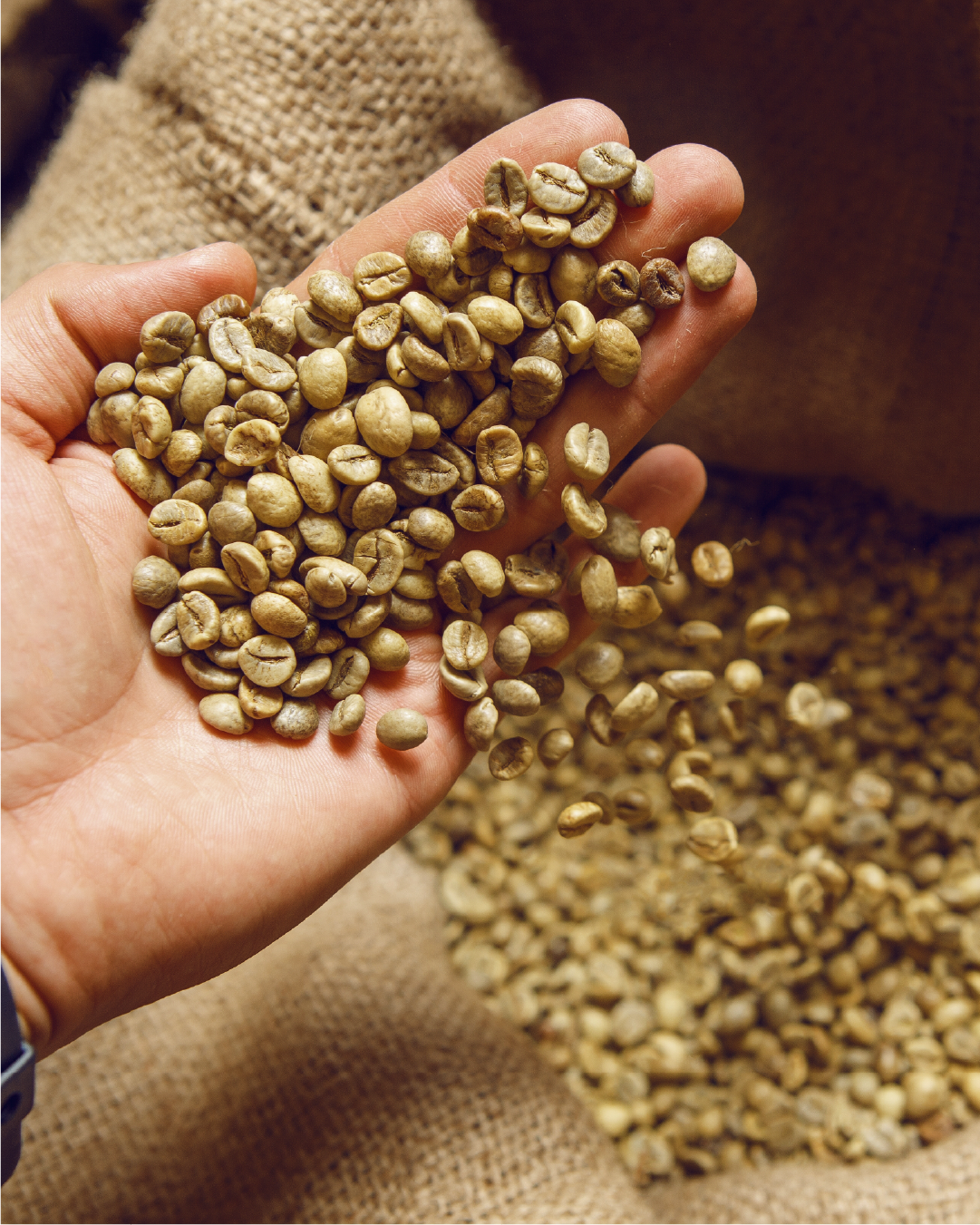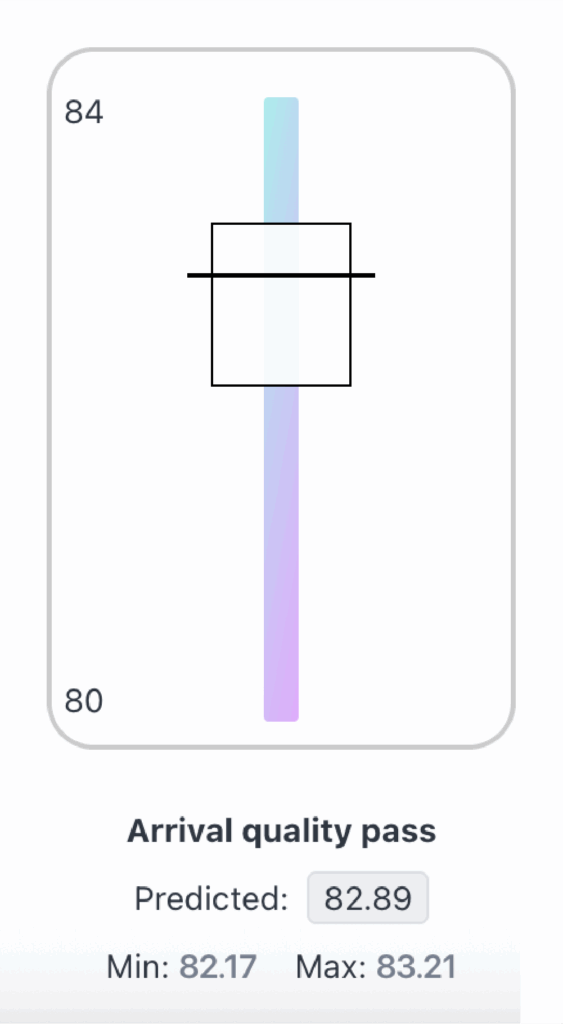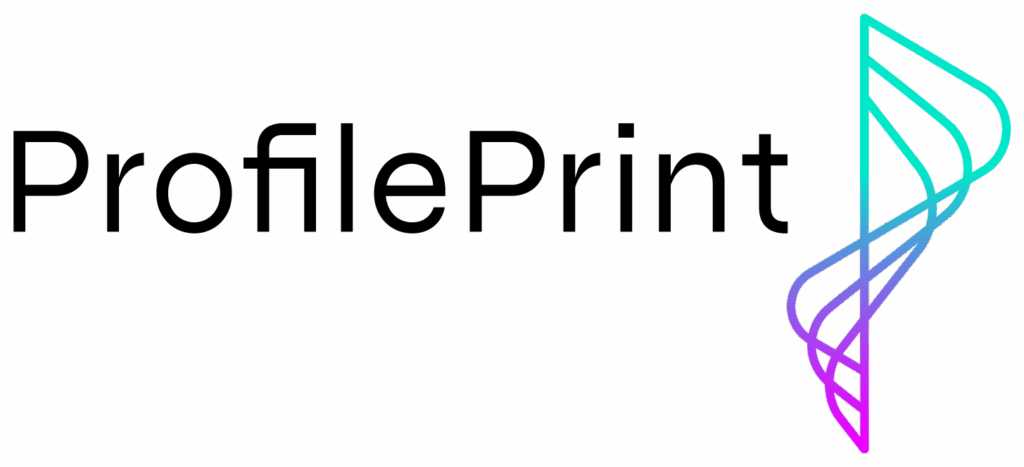SUCCESS STORY
Streamlining Quality Assessment
Managing high-volume evaluation efficiently


Challenge
The craft of coffee cupping is an intricate one, relying heavily on seasoned cupping experts who possess the ability to discern numerous attributes of a coffee in just a sip. Our client, an international coffee company, faced a quality assessment bottleneck many in the industry know well. During peak harvest seasons, their cupping experts were evaluating up to 1,000 cups daily. This was a demanding process that requires roasting, brewing, and carefully evaluating each sample. The sheer volume created cupper fatigue precisely when accurate assessment mattered most for sourcing decisions.
Solution
We used ProfilePrint’s Specialty Arabica Green Bean Model that has been trained on over 25,000 coffee samples globally to evaluate 44 green coffee beans from Brazil, Colombia, Ethiopia, Honduras, Kenya and Peru.
ProfilePrint generates individual ProfilePrint reports for each sample, which includes its SCA score, moisture level, processing method, and flavour profile.


ProfilePrint also generates Fingerprint Insights for each sample, providing additional information about sample uniformity.
The boxplot displays the range of predicted values with a median line indicating the average prediction of 82.89. The short boxplot demonstrates that the sample is uniform and homogeneous, with consistent predictions across all scans. This data on uniformity, or conversely – evidence of sample heterogeneity, helps our client with their buying strategies, helping guide procurement based on the consistency and quality of available lots.
Further, the analysis also revealed other valuable patterns like origin-based quality trends and moisture-quality relationships that directly informed their sourcing, storage, and blending strategies.
- Origin-based Sourcing: Brazilian beans generally scored lower (75-78 range) with some outliers, reflecting their use as commercial blends. Conversely, Honduran and Ethiopian coffees consistently scored higher.
- Moisture and Quality: Brazilian coffees with lower moisture content also tended towards lower scores as low moisture beans can translate to poorer cup quality.
When ProfilePrint encounters samples outside its experience, it flags them for expert cupping. These evaluations then strengthen the system’s knowledge for future assessments.
What this means for your business
ProfilePrint transformed their quality operations, delivering:
- Streamlined quality assessment evaluating green coffee beans without roasting, brewing, or cupping preparation
- Focused expert attention allowing cuppers to concentrate on nuanced samples while ProfilePrint handles the majority of assessments, which are routine screenings
- Faster sourcing decisions providing quality insights in minutes to inform buying choices
Peak seasons put enormous pressure on quality teams across the coffee industry. ProfilePrint helps you maintain consistent assessment standards while managing high volumes efficiently. Your cupping experts can focus their skills on the most challenging samples, while ProfilePrint reliably handles routine evaluations, giving your team the capacity to make confident decisions when timing matters most.
Is ProfilePrint for you?
Let us see how we can help you leverage AI for your business.
Speak to a member of our team today.
